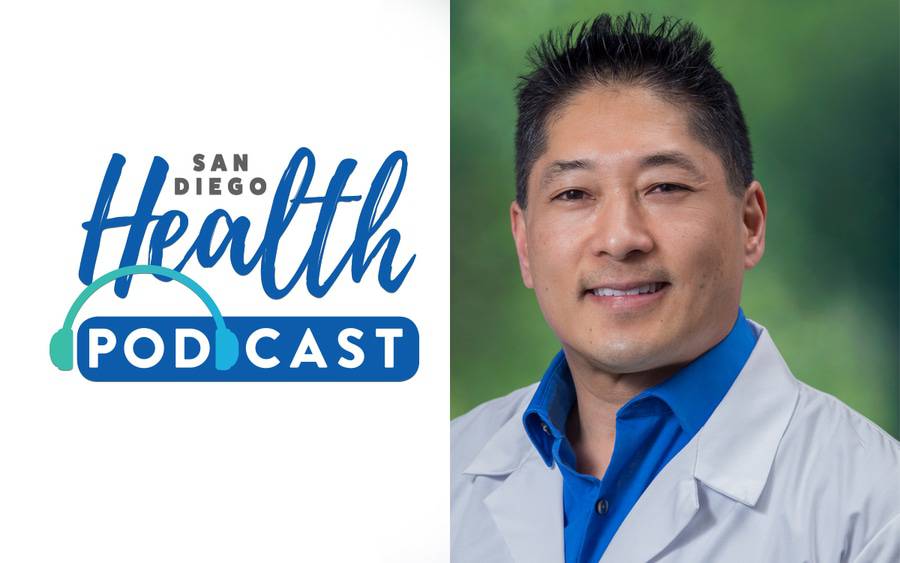What Causes Heartburn? How to Beat the Burn (podcast)
Treatment for heartburn and knowing when it could be GERD

Dr. Richard Onishi, Family Medicine, Scripps Clinic
Treatment for heartburn and knowing when it could be GERD
For many of us, heartburn is all too familiar. Roughly 60 million Americans experience heartburn symptoms at least once a month and 15 million have daily flareups. Stomach acid refluxes up into the esophagus and causes a burning sensation in the chest or throat that can go from unpleasant to downright painful. Spicy, fatty, and/or acidic foods can trigger heartburn as can non-culinary things, such as cigarette smoking, drinking alcohol, certain medications and even lying down after a big meal.
In this episode of San Diego Health, host Susan Taylor and guest Richard Onishi, MD, a family medicine physician with Scripps Clinic Carmel Valley, discuss heartburn symptoms and how to relieve heartburn. Heartburn symptoms could also be a sign of a digestive disorder called gastroesophageal reflux disease (GERD). There are many ways to cool the burn. Avoiding triggers, medications, and even elevating the top of your bed can be helpful.
Listen to the episode on heartburn and how to relieve heartburn
Listen to the episode on heartburn and how to relieve heartburn
Podcast highlights
Watch the San Diego Health video on heartburn vs. indigestion and GERD
Watch the San Diego Health video with host Susan Taylor and her guest Dr. Richard Onishi, where they discuss heartburn, indigestion and GERD.